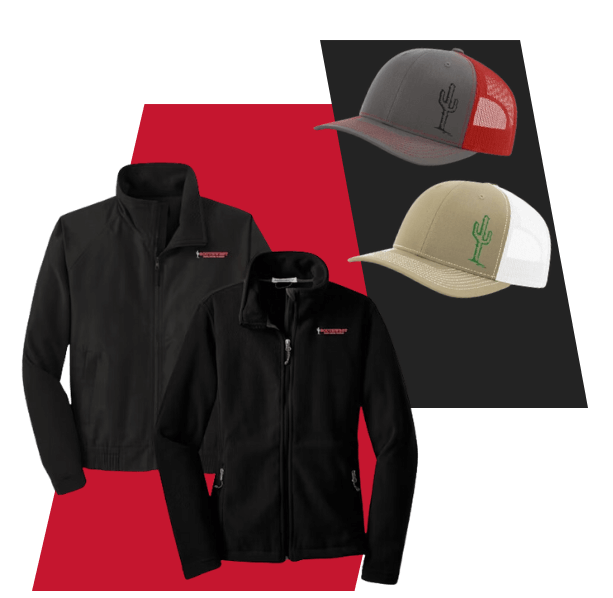SHIFT YOUR CAREER INTO
HIGH GEAR
TRUCK DRIVER & CDL TRAINING
- Lifetime job placement assistance.
- Individualized truck driver training.
- Financial aid for CDL training programs.
- You choose training in manual or automatic shifting trucks!!
Next Step: Talk to Admissions
Next Step: Talk to Admissions
The Southwest Truck Driver Training Difference
For more than 20 years, Southwest Truck Driver Training has taught and empowered students for enduring truck driving careers. We offer instruction from two locations: Phoenix and Tucson.
We prepare you for a new career working with trucking companies hiring in-demand professional drivers. Many of our graduates who work in the trucking industry have jobs that pay well and provide full benefits, including tuition reimbursement and 401(k) retirement plans.
In as few as 4 to 5 weeks, you can be on your way to a respected professional career with great compensation prospects that keeps our economy moving.

Local & Independent Trucking School
Many CDL schools are owned or directly affiliated with trucking companies. Southwest Truck Driver Training is an independent truck driving school, which means we work for you. We're also proud to be a part of our communities and have won numerous awards for our service.

Financial Aid Options
Our financial aid professionals work with our students on a plan for making this training investment in their earning potential. From state grants to an in-house tuition program, we have financial aid options to help meet your needs.

Lifetime Job Placement Assistance
Southwest Truck Driver Training offers graduates lifetime job placement assistance in local, regional, dedicated, and over-the-road (OTR) truck driving positions. Our relationships with recruiters in numerous transportation companies can help pave your way into a new career.
CDL Instruction at Our State-of-the Art Facilities
Southwest Truck Driver Training's facilities are equipped with the latest trucks, and our master instructors help make sure you learn what you need to start your new career off strong in as few as 4 - 5 weeks.
- Entry-Level Driver Training (ELDT) registered CDL A, CDL B, and endorsement programs
- Theory (classroom) and behind-the-wheel (range and public road) instruction
- Hands-on and digital teaching methods
- Modern, industry-standard equipment
- Military veterans on staff
- 1-on-1 training available
Call Today: 833-464-0737
success stories
CDL Training in Phoenix and Tucson
Just off the I-10 at Miracle Mile Rd. on Glenn St. Our Tucson campus has been here for over 25 years.
Our newly updated campus is located on 51st Avenue, south of Buckeye Road.
We're Hiring
Southwest Truck Driver Training is hiring truck driving instructors for all of our locations. Learn more
Show Your Southwest Pride
Gear up for success with Southwest Truck Driver Training’s exclusive online merch store! Whether you're hitting the road or just showing your support, our collection features high-quality apparel and accessories that celebrate your journey with us. From sleek softshell jackets to trucker hats featuring our beloved Phil the cactus mascot, our gear is designed for both comfort and style.
Shop now and wear your commitment to a thriving career with pride!



